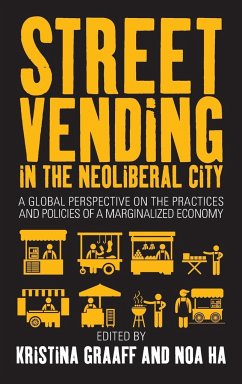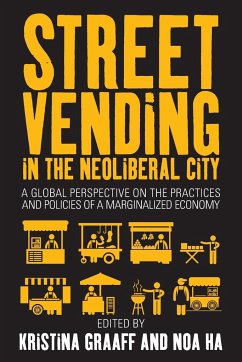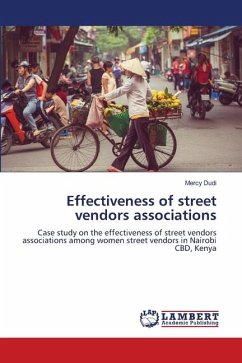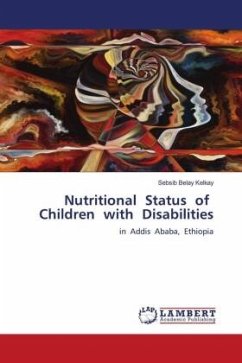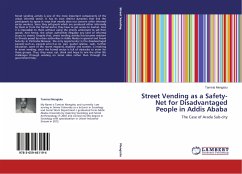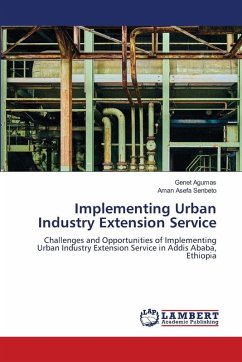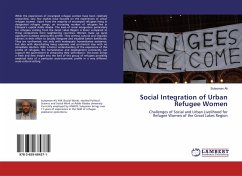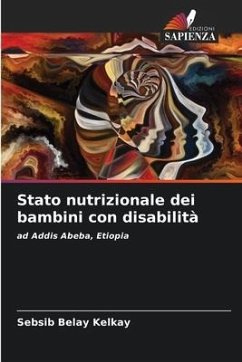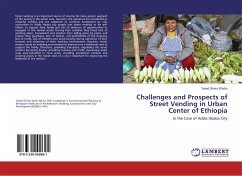
Challenges and Prospects of Street Vending in Urban Center of Ethiopia
In the Case of Addis Ababa City
Versandkostenfrei!
Versandfertig in 6-10 Tagen
24,99 €
inkl. MwSt.

PAYBACK Punkte
12 °P sammeln!
Street vending is an important source of income for many poorer segment of the society in the urban area. However, the operators are considered as unlawful entities and are subjected to continue harassment by civic authorities. In Addis Ababa city people join street vending to be self-reliant, to support their family and due to absences of opportunities to engaged in the formal sector. During their activities they faced lack of working place, harassment and eviction from selling place by police and private shop guardians, lack of market, non-profitability of the business, lack of credit, lack ...
Street vending is an important source of income for many poorer segment of the society in the urban area. However, the operators are considered as unlawful entities and are subjected to continue harassment by civic authorities. In Addis Ababa city people join street vending to be self-reliant, to support their family and due to absences of opportunities to engaged in the formal sector. During their activities they faced lack of working place, harassment and eviction from selling place by police and private shop guardians, lack of market, non-profitability of the business, lack of credit, lack of freedom and social security during operation of their business and cleanness of their working environment. However, street vendor create an enabling environment to improve one's livelihoods and to support the family. Therefore, providing free-space, regulating the street vendors by issuing license, providing training and credit, developing small-scale agro-industries in rural areas, including permanent markets and working places in the master plan of a city is important for improving the livelihood of the vendors.



